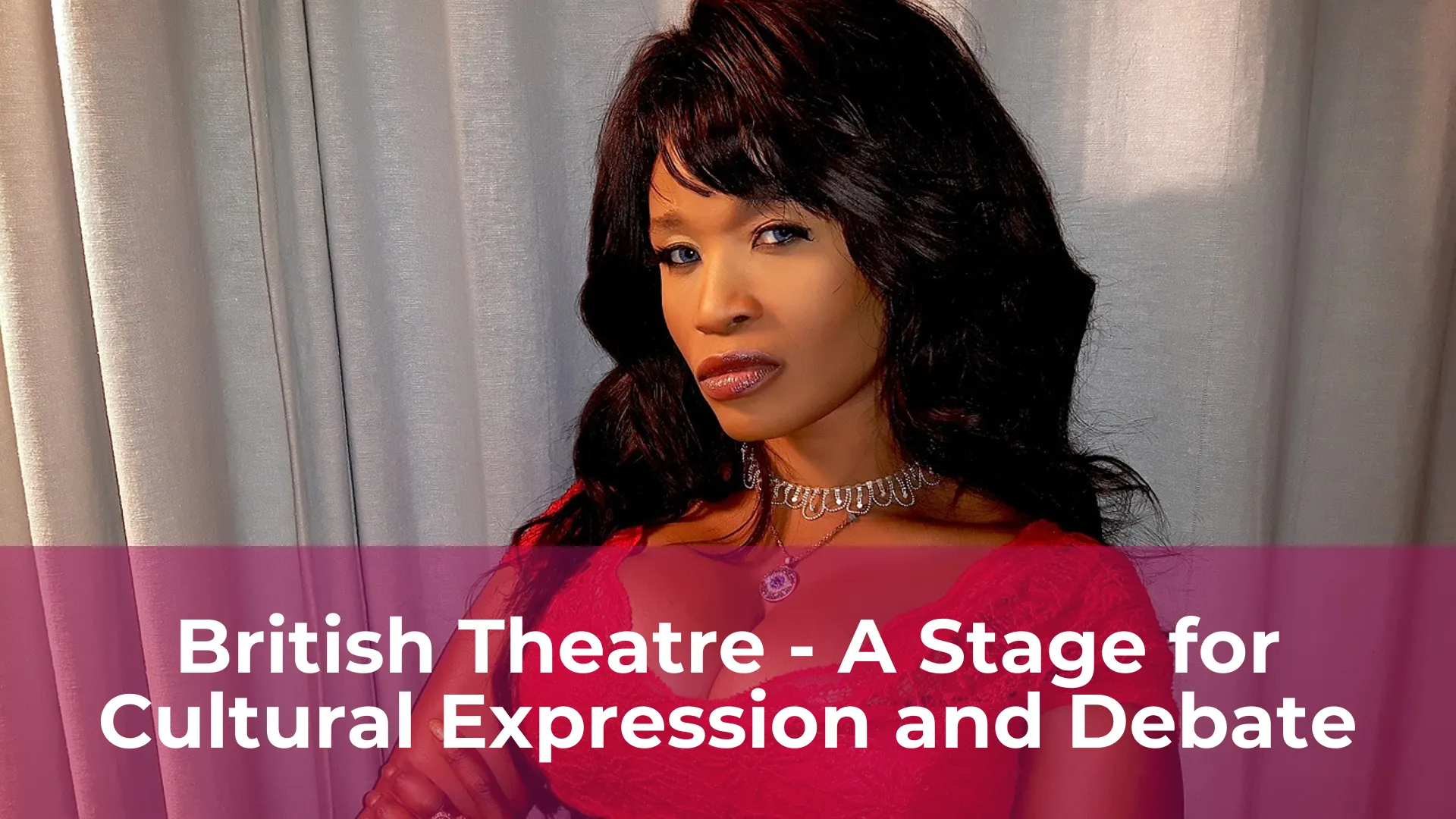British theatre has always been a platform for cultural expression and debate, serving as a mirror to society. It presents a unique blend of entertainment, education, and artistic expression that has captured the attention of audiences not just in the UK but also around the world. The country has a rich theatrical tradition that dates back to the Elizabethan era, and it has produced some of the most talented playwrights, actors, and directors in history.
From Shakespeare’s timeless classics to contemporary works that tackle complex social issues, British theatre continues to push the boundaries of storytelling. It has been a space for artists to engage with current events, express their political views, and challenge societal norms. It has also been a place for diverse voices to be heard, with a growing number of plays being written and performed by women, people of colour, and members of the LGBTQ+ community. Despite facing various challenges, including financial constraints and the COVID-19 pandemic, British theatre remains a vital part of the nation’s cultural fabric and will continue to inspire and educate audiences for generations to come.
The Rich Tradition of British Theatre
British theatre has a rich tradition that spans centuries, dating back to the Middle Ages when traveling troupes of actors entertained crowds with plays and performances. Since then, theatre has become a cornerstone of British culture and has produced some of the world’s most renowned playwrights, actors, and directors.
From the works of William Shakespeare to the modern plays of Tom Stoppard and Harold Pinter, British theatre has always been at the forefront of innovative storytelling. The West End in London is home to some of the most famous theatres in the world and attracts audiences from all corners of the globe.
British theatre has also been a platform for social commentary and political activism, with plays such as “An Inspector Calls” by J.B. Priestley and “The History Boys” by Alan Bennett tackling issues of class, education, and morality. Theatre has the power to provoke thought and inspire change, making it a vital part of British culture and society.
The Importance of Theatre in British Culture
Theatre has been an integral part of British culture for centuries, with some of the world’s most famous playwrights originating from the United Kingdom. From William Shakespeare to Harold Pinter, British theatre has produced some of the most thought-provoking and impactful works in history. It is no surprise then that the UK is home to some of the world’s most renowned theatre companies, such as the Royal Shakespeare Company and the National Theatre.
But theatre in Britain is not just about famous plays and big companies. It is also a vital part of local communities, with countless amateur and small-scale productions taking place across the country. These productions provide important opportunities for aspiring actors, directors, and writers to hone their craft, as well as bringing communities together and providing a platform for local voices to be heard. Theatre is not just entertainment; it is an art form that can inspire, challenge, and educate, and it is an essential part of British culture that should be cherished and celebrated.

